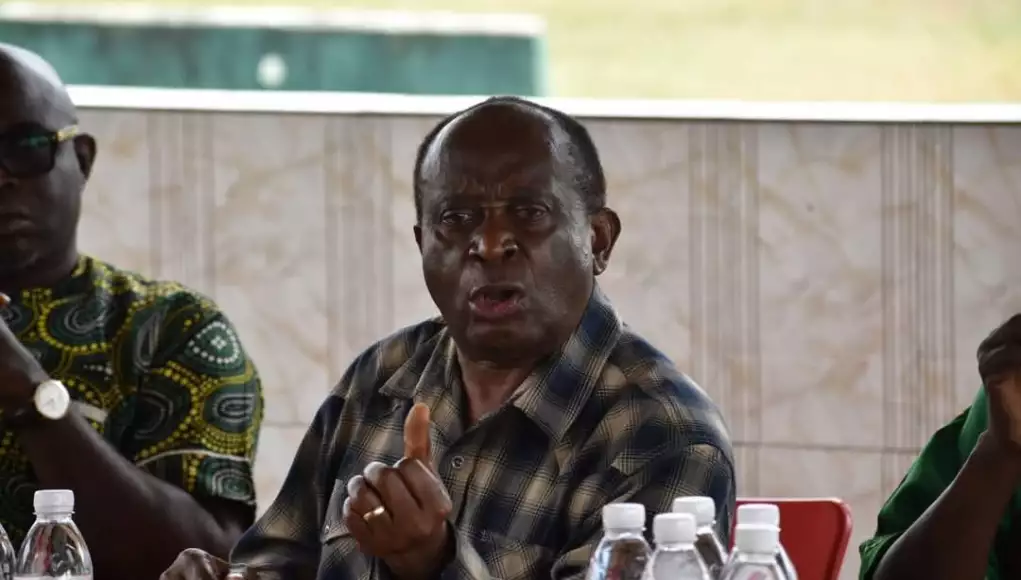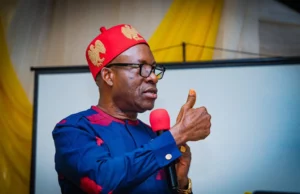Former Secretary to the Abia State Government (SSG), Dr. Eme Okoro, has revealed how former Governor Orji Uzor Kalu made significant efforts to promote agriculture during his administration, lamenting the continued neglect of the sector by Nigerian leaders.
In an exclusive interview with Vanguard, Dr. Okoro expressed deep disappointment with both federal and state governments, stating that they had failed to harness the potential of agriculture despite its importance to Nigeria’s economy.
Recalling the initiatives under Kalu’s administration, Dr. Okoro noted that the government demonstrated the economic potential of cassava by producing bread made from cassava flour as an alternative to wheat. He emphasized that cassava could be processed into valuable products such as chips and ethanol, yet leadership failures had stifled the sector’s growth.
“Agriculture employs over 68% of Nigeria’s population, yet we are nowhere in developing the sector,” he lamented.
Dr. Okoro disclosed that he had advised several governors on addressing policy deficiencies in agriculture, but only Orji Uzor Kalu took his recommendations seriously. As part of his administration’s agricultural policy, Kalu mandated that every Local Government Area (LGA) in Abia State cultivate 10 hectares of cassava.
“One hectare of cassava can produce enough stems for 10 hectares the following year. Imagine how many hectares of cassava each LGA could have cultivated by now,” he explained, stressing that this initiative could have led to a widespread network of cassava processors and industrial expansion.
Additionally, Dr. Okoro revealed his role in introducing the Tenera oil palm variety to Abia State, a species known for its high yield and economic benefits. He insisted that with the right leadership and policies, Nigeria could transform its agricultural sector into a major driver of economic growth and employment.
He urged the government at all levels to prioritize agriculture, stating that proper investment in the sector could significantly reduce poverty and boost Nigeria’s economy.










